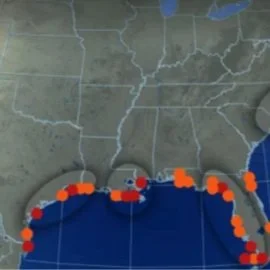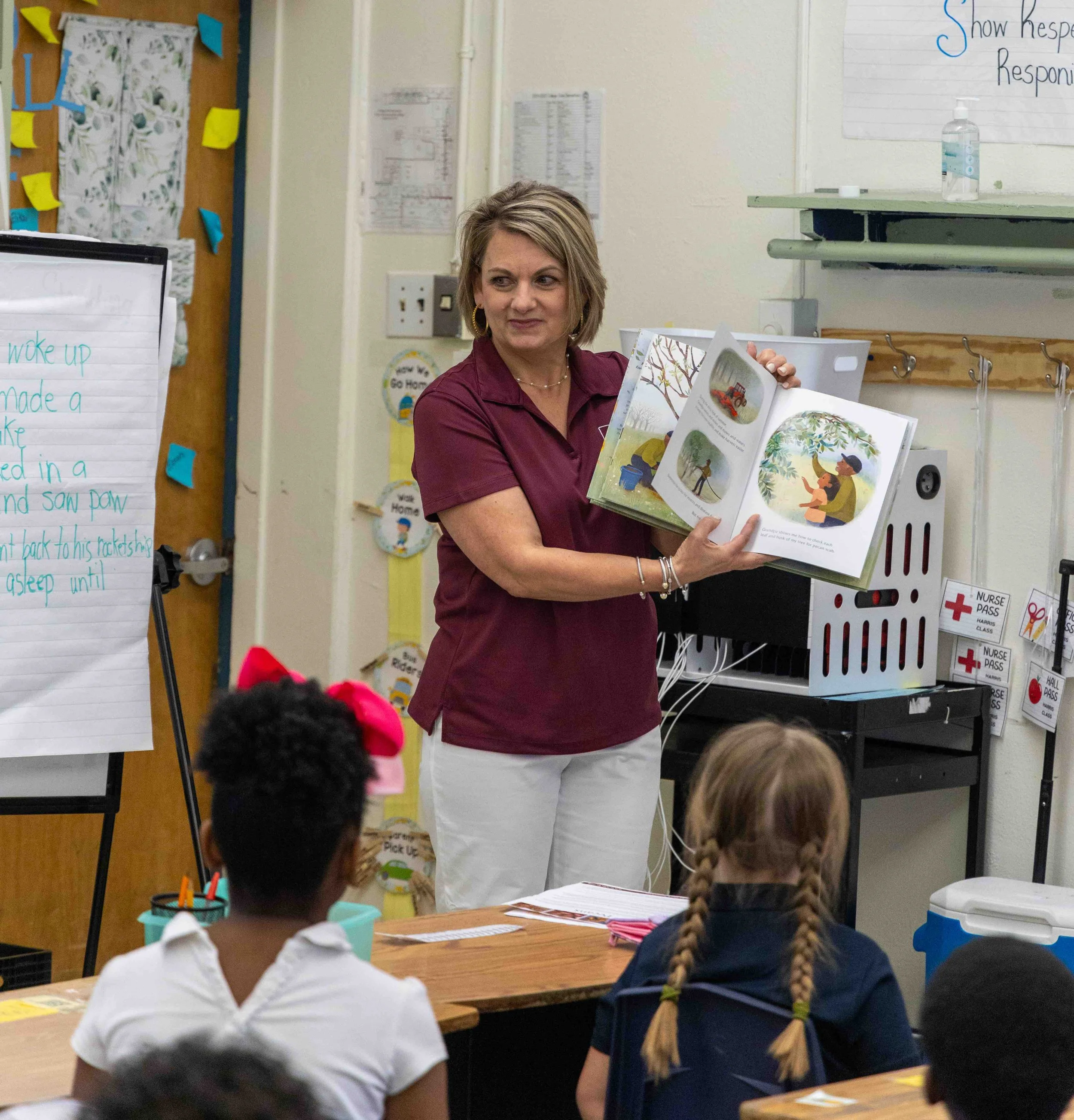Cotton growers across the globe are improving in efficiency year-over-year. It’s a win for farm technology, but creates a tough marketplace for the former number one worldwide cotton exporter – the U.S.
Read MoreOn March 11, 22 students took part in the first class of the Grow Louisiana Beginning Farmer Training Program at the Hill Farm Teaching Facility on the LSU campus. The program is funded by the U.S. Department of Agriculture Transition to Organic Partnership Program, as it focuses on teaching new farmers how to grow a sustainable and profitable organic farm.
Read MoreNow that the Mardi Gras beads are mostly cleared from the utility lines and we are firmly in the Lenten season, Louisiana has shifted into a different kind of celebration—one built around backyard boils, spicy steam rising from giant pots, and tables covered in newspaper and crawfish shells.
Read MoreThe U.S. Department of Agriculture recently cut over $1 billion from two programs that helped food banks and school meal programs purchase local food.
Co-owner of Muse 3 Farms Chris Muse feeds his local community in St. Helena Parish and beyond, but he says the recent USDA cuts could affect his earnings.
Read MoreUSDA’s latest export sales report, out Thursday morning and covering the week through March 20, didn’t have a lot of bullish data for traders to digest. Corn volume bested other grains, but sales were down 31% week-over-week and only made it to the middle of trade guesses. Soybean sales were lackluster, meantime, and wheat sales were largely disappointing.
Read MoreThe U.S. Department of Agriculture’s National Agricultural Statistics Service (NASS) will continue to collect the 2024 Census of Horticultural Specialties through April 18, 2025. Conducted just once every five years, the Census of Horticultural Specialties is the only source of detailed production and sales data for U.S. floriculture, nursery, and specialty crop industries, including greenhouse food crops.
Read MoreStudents and professors at the University of Arkansas-Little Rock received a national grant to study how farmers’ risk preferences affect water use during droughts.
The three-year study will determine if risk preferences change with drought conditions and climate change. Farmers in rural Arkansas, the Lower Mississippi River Basin, Louisiana and part of Missouri are included in the research.
Read MoreThe 2025 Atlantic hurricane season is approaching, with forecasters warning of another volatile year similar to 2024, one of the most destructive seasons on record. AccuWeather Lead Hurricane Expert Alex DeSilva predicts 13-18 named storms, 7-10 hurricanes, and 3-5 major hurricanes.
Read MoreThe Louisiana Farm Bureau’s Women’s Leadership Committee is taking on the task of “ag storytellers.” This Week In Louisiana Ag has the story.
Read MoreIt's hard to nail down Dino Pertuit. I finally catch the Louisiana seafood legend early in the morning, and we chat while he drives back from a shrimping expedition, the phone call dropping at least three times along the way. His rich Cajun accent and the rumblings of his truck in the background make it hard for me to decipher everything he’s saying. But one sentence stands out crystal clear: “I’m going to do it until I die,” he says of shrimping. And at 57 years old, he’s one of the younger ones who keep it going.
Read MoreSen. John Kennedy (R-La.), a member of the Senate Banking Committee, joined Sen. Jeanne Shaheen (D-N.H.) in reintroducing the Coordinated Support for Rural Small Businesses Act, which the Senate Small Business Committee today voted to advance to full Senate consideration.
Read MoreTrade policy in Washington these days is filled with talk of tariffs and retaliatory tariffs, but rice exporters should pay at least as much attention to a couple of more arcane terms: port service fees and restrictions on services.
Read MoreSince 2015, Brazil’s soybean acreage has increased 42%, and production is up 57%. How does the U.S. stack up against this key South American competitor?
Read MoreAccording to the National Agricultural Statistics Service in Louisiana, there were 6.2 days suitable for fieldwork for the week ending Sunday, March 23, 2025. Topsoil moisture supplies were 1 percent very short, 5 percent short, 70 percent adequate, and 24 percent surplus. Subsoil moisture supplies were 0 percent very short, 5 percent short, 79 percent adequate, and 16 percent surplus.
Read MoreSen. John Kennedy (R-La), a member of the Senate Appropriations Committee, today reintroduced the Quality Loss Adjustment Improvement for Farmers Act. The bill would give farmers more flexibility by improving the Federal Crop Insurance Corporation (FCIC)’s ability to set discounts for farmers who experience crop loss.
Read More













